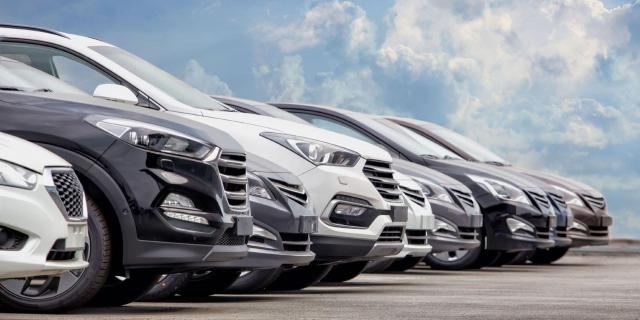Life after coronavirus: bicycle leasing has tripled
Belgian companies are choosing alternative methods for commuting
Employers no longer see commuting in the same way since the coronavirus crisis, as shown by the leasing company Arval's figures. Demand for bicycle leasing has increased threefold since the same period last year. Yet since coronavirus, companies have also been putting extra effort into alternative mobility solutions: car sharing with colleagues and leasing company cars for shorter periods of one to twelve months.
Going to work by train again after three months working from home is a scenario that many employees seemingly want to avoid. At Arval, they have observed that the number of company bikes leased over recent months has tripled compared to 2019. Half of the bikes leased are electric bikes (53%) and one out of three are speed pedelecs.
Simon Coppenolle, Product Manager Bike Lease at Arval: "More and more companies are offering the option of choosing speed pedelecs as a transport method to get to work. This enables people to cover longer distances more quickly, but it is not without risk. If an employee chooses this type of bike, we recommend that they take a course. Cycling at 45 kilometres an hour isn't always that easy."
Share your car safely between colleagues
In addition to increased demand for company cars, Arval has also noted that employers are more and more interested in car sharing. With car sharing, employees get to work by public transport or bike and can then pick up a rental car to visit a client, for example. This way, our companies are withdrawing cars from circulation during the peak morning and evening hours and reducing traffic jams.
Simon Coppenolle from Arval: "Sharing cars with colleagues has also been made 'corona-proof': cars can be reserved and unlocked via an app to avoid having to hand over the keys in person. A decontamination kit is also provided in the car so that employees can decontaminate the car for their colleagues after use."
Company vehicle for a month
Finally, in recent months, companies have also looked into the possibilities of leasing company cars for short periods in more detail. "We are now seeing that companies prefer to commit for a shorter period", explains Simon Coppenolle.
"Company car hire for one to twelve months is therefore increasingly common. This is how we are adapting to the way in which companies recruit new staff. With this flexible working method, we also give companies the option to start more quickly and only request cars when they are truly necessary."




